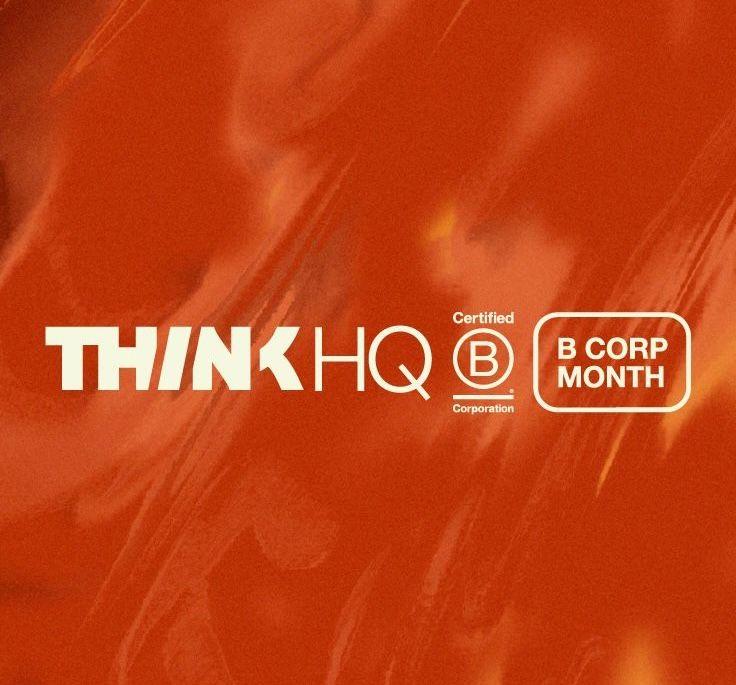‘Great Creative’ is great –
but what impact does it have on our world?

In a piece originally published on Mumbrella, founder and MD of Think HQ Jen Sharpe calls on the industry to consider the impact the great creative we all aspire to is having on the world.
Many, many years ago, I went to see some big-time creative guy talk about this global sustainability campaign he’d had a hand in creating. There was a hushed awe in the crowd as he spoke of the global reach achieved and the way they’d measurably driven a huge uptick in awareness of climate change. It was impressive.
Afterwards at the networking part of the event, I wandered up to him and asked how he balanced that campaign’s success with the fact that his agency also worked with some of the world’s biggest polluters and fast-food companies. It wasn’t meant to be a criticism – I was just curious as to how he considered an (obvious, to my thinking) ethical conflict/dilemma. His response wasn’t so great. He looked at me with what I could only describe as distain and didn’t even warrant my question with an answer – he just moved on to someone else.
I was embarrassed, but at the same time I thought, why is that such a stupid question? Surely the question of environment and social impact gets discussed and considered within agencies? Surely, it’s not solely about “Great Creative” and awards?
Unfortunately, from what I’ve seen, this seems to be the dominant and seemingly immovable focus of the industry – winning gongs and patting ourselves on the back for Great Creative.
But the time has finally come. The F-List from Clean Creatives and Comms Declare named and shamed the agencies across the advertising, media and PR landscape who work with big fossil fuel polluters. It was eye-opening and no doubt raised angst internally for those agencies who were on the list.
This is just the start of something bigger. It’s time for the communications industry to be scrutinised, and for their ethical platform of who they will and won’t work with to be made public. Only then can clients decide if there is a fit that takes shared values and broader environmental and social impact into consideration.
The days of a big agency working with a big gambling company, a big alcohol company and then a big charity that supports people with alcohol and gambling problems, are over. Why this model has even been allowed to exist in the first place has always baffled me, but somehow the industry has hidden behind the idea that Great Creative makes up for every unethical client doing unethical things in the World.
It’s time for agencies to choose a side – they either want to work with clients who want to do good in the world, or those who actively seek to damage it. Fine if it’s the latter, but don’t pretend it’s something different by using phrases like ‘purpose’ or crafting side businesses with ‘good’ or ‘sustainable’ in their name to distract from your core business. You’re fooling no one.
Importantly, there is little difference between acting with ill intent and acting mindlessly – the outcome of the work is the same.
There will be those who relish in developing Great Creative and winning awards to convince parents to buy rubbish cereal under the guise of “healthy” and there are those who won’t. There are those who will work with online gambling companies to hook young people in to gambling under the guise of fun and mateship, and there are those who won’t. And there will be those who will work with major fossil fuel emitters using Great Creative to talk about EVs and electric bikes, and those who won’t.
But, the time of hiding behind Great Creative is over – there is a broader issue at play and that is about who wants to make the world a better place, and who wants to further damage it. Clients, citizens, and customers will increasingly seek out the answer to this question and the industry needs to be ready.
PICTURED ABOVE: Jen at the recent PRIA National Conference as part of a panel on Innovating the ways that matter to our clients. From left: Jen, Mandy Galmes from Sefiani, Andy Kelaher from Ogilvy, Michelle Hutton from Edelman and Caroline Catterall from Keep Left.




